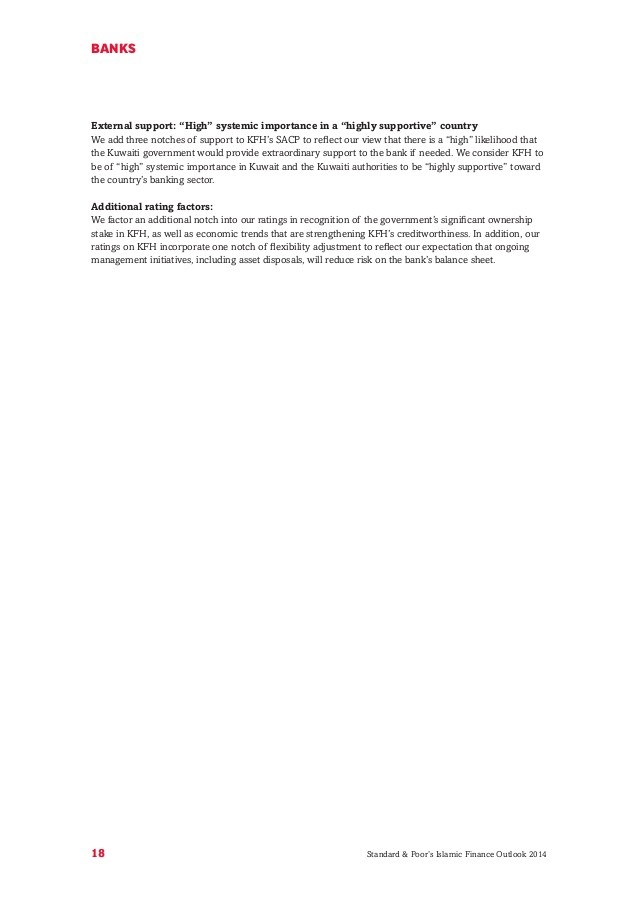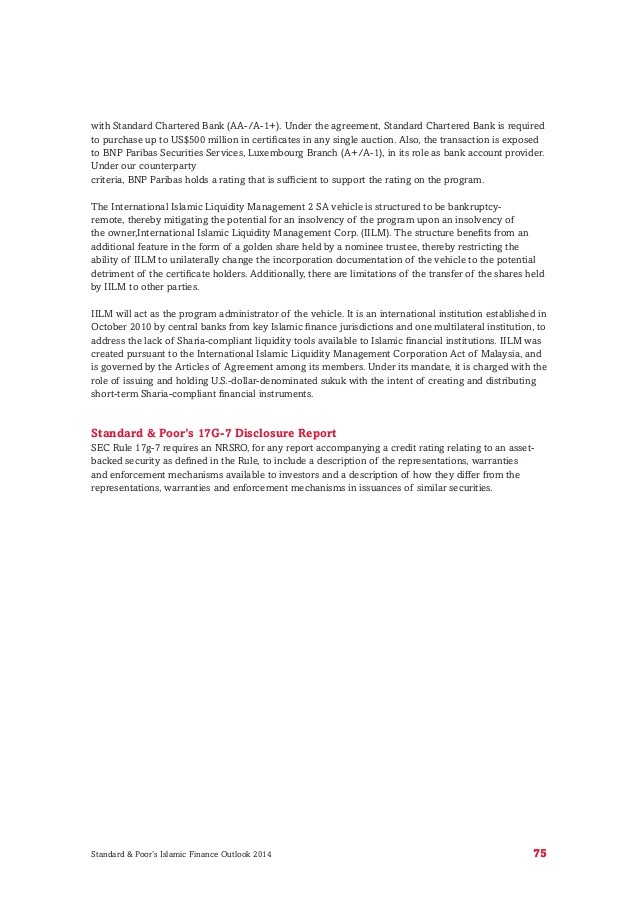Qatar and the UAE Outgrow their Frontier Status Implications for Investors
Post on: 16 Март, 2015 No Comment

As I’ve mentioned before, I’m a proponent of having an allocation to frontier markets. and the significant changes on the horizon to the MSCI Frontier Markets 100 Index merely reinforce my view.
The big changes: Next month, two countries will officially graduate out of the MSCI frontier markets universe and enter the world of emerging markets: Qatar and the United Arab Emirates (UAE). In addition, MSCI will also implement a number of methodology changes to the index.
Even if Qatar and UAE’s financial markets are somewhat underdeveloped, both countries can hardly be counted as frontier markets anymore, with per capita incomes well in excess of some advanced economies. However, their departure from the frontier markets is a big deal given their stellar performance since the beginning of 2013 and the fact that they represent nearly 36% of the underlying index.
Qatar’s and UAE’s equity markets have increased roughly 47% and 188%, respectively, since the beginning of 2013. As a result of their previous classification as frontier markets, the broad MSCI Frontier Markets 100 Index has risen roughly 32% over the same time period and has outperformed its emerging market (EM) counterpart by about 37 percentage points.
But in my opinion, the departure of these two above average performers, and the other upcoming index methodology changes, is actually good news to frontier market investors.
My sense is that the new portfolio of companies in the index following the rebalancing will more accurately reflect what most people think of when they consider investing in frontier markets. Here are three reasons why.
- Better diversification by country. There is expected to be a large overweight to Kuwait and Nigeria, but not by as much as in the previous setting. This is due to the limitation that no two countries make up more than 40% of the index.
- Better diversification by sector. Sector exposure should shift away from financials, which will still tend to dominate the index, while exposure to consumer staples and energy should increase.
- More exposure to true frontier markets. True frontier markets (as defined by per capita income) is anticipated to take on a greater share of the index. Combined exposure to Vietnam and Sri Lanka should nearly double from 3.25% to 7%, for example. While the exposure to each individual lower-income country will be small, the collective increase in exposure is large. Exposure to countries defined as having a per capita income below $10,000 should increase to 47% from 29%.

In short, based on these reclassifying and rebalancing moves, this new frontier market index (i.e. this new “FM” station) will better embody what most investors are looking for in the asset class. The new index should offer better diversification by country and sector, and more exposure to lower income countries (and therefore more potential for faster economic growth), while still offering low correlation to other assets in investors’ portfolios.
To be sure, frontier markets are still a very volatile asset class and investors should be mindful of the typical risks associated with these exotic markets, which are still at early stage of economic development. As such, while frontier markets are worthy of an allocation, exposures should be small, with the exact amount largely a function of an investor’s risk tolerance.
Sources: Linked to throughout Post, MSCI, Bloomberg, BlackRock research
Russ Koesterich, CFA, is the Chief Investment Strategist for BlackRock and iShares Chief Global Investment Strategist. He is a regular contributor to The Blog and you can find more of his posts here .
Kurt Reiman is a Global Investment Strategist at BlackRock who works directly with Russ Koesterich. He contributed to this post by providing research and investment insights.
Index returns are for illustrative purposes only. Index performance returns do not reflect any management fees, transaction costs or expenses. Indexes are unmanaged and one cannot invest directly in an index. Past performance does not guarantee future results.
International investing involves risks, including risks related to foreign currency, limited liquidity, less government regulation and the possibility of substantial volatility due to adverse political, economic or other developments. These risks often are heightened for investments in emerging/ developing markets, in concentrations of single countries or smaller capital markets.
Frontier markets involve heightened risks related to the same factors and may be subject to a greater risk of loss than investments in more developed and emerging markets.














